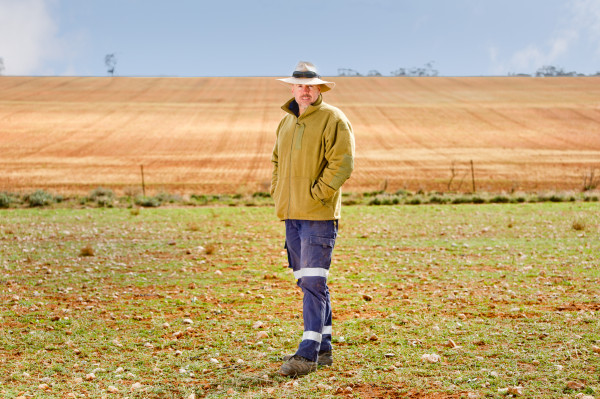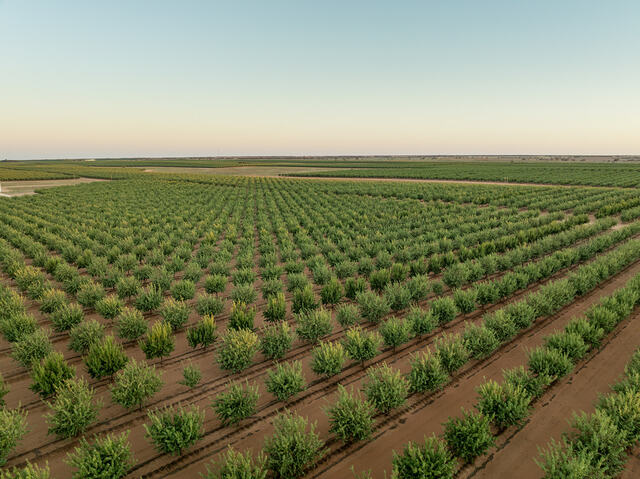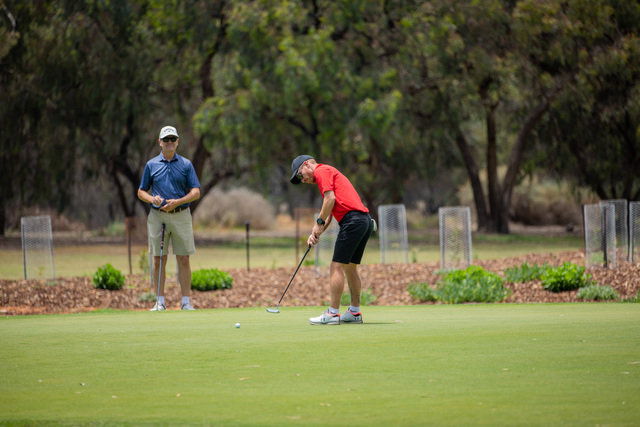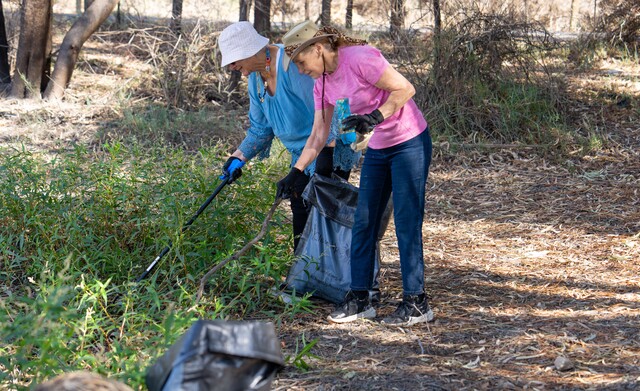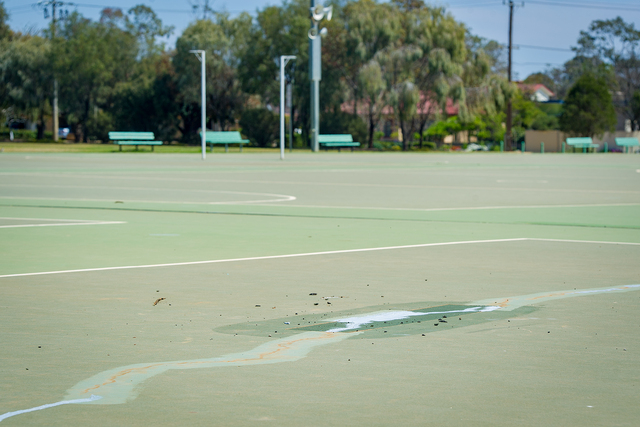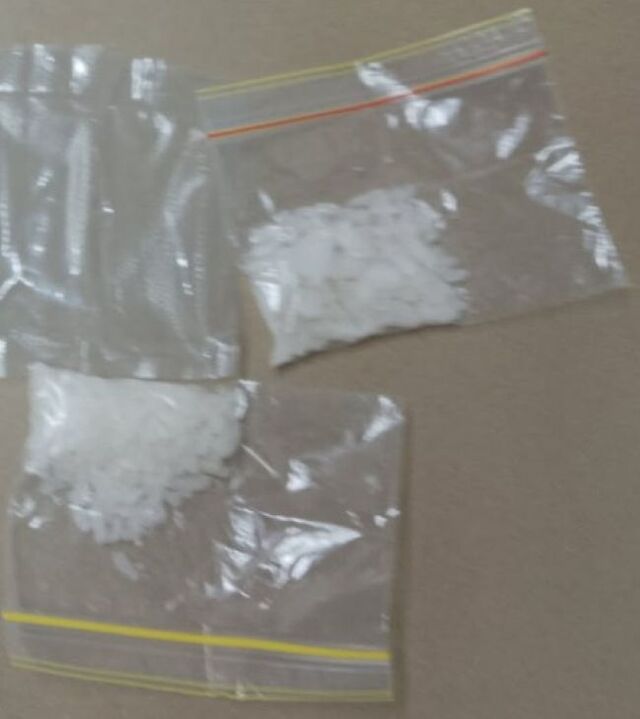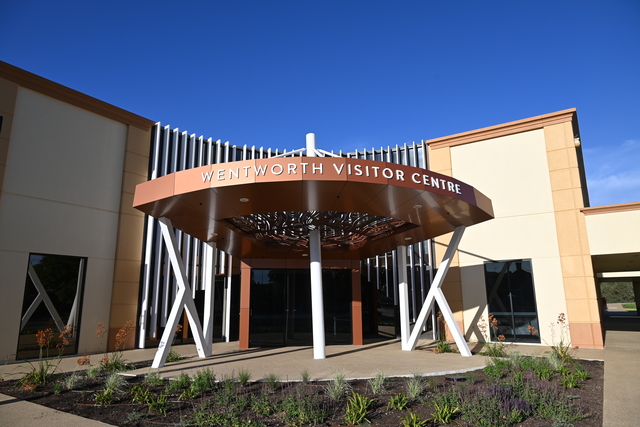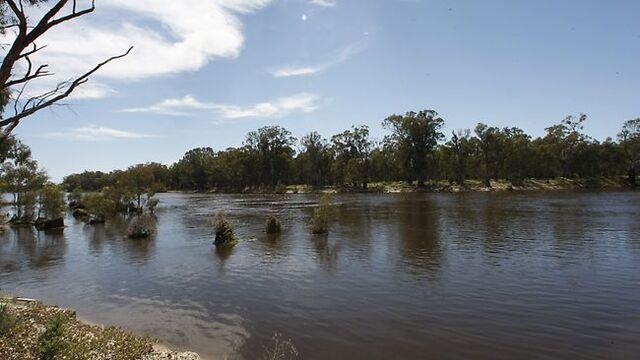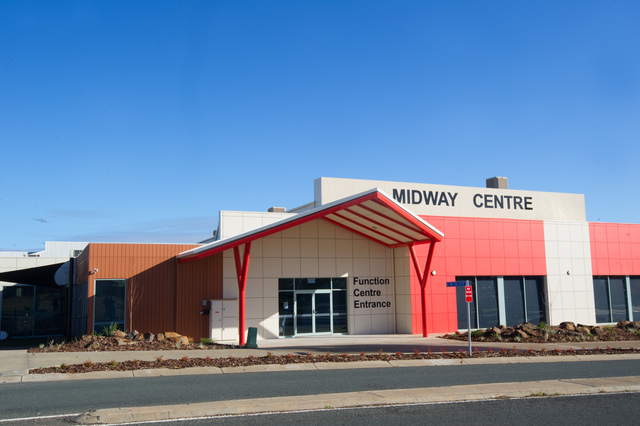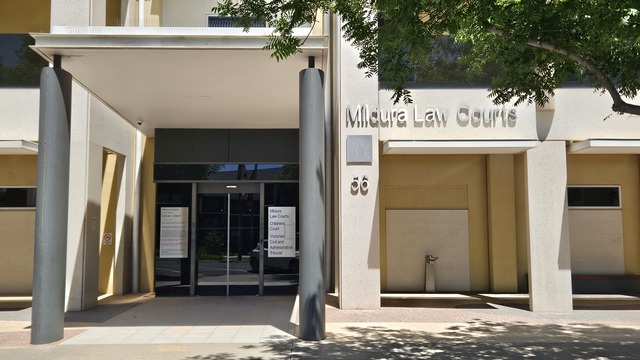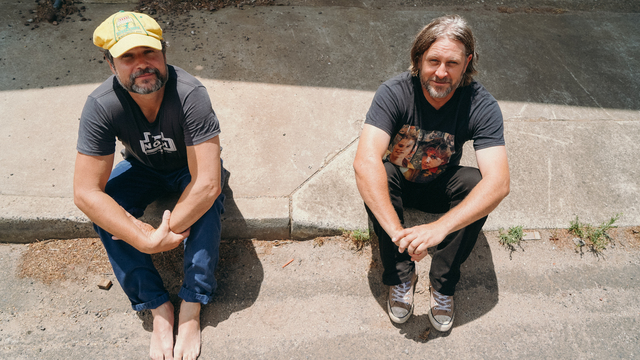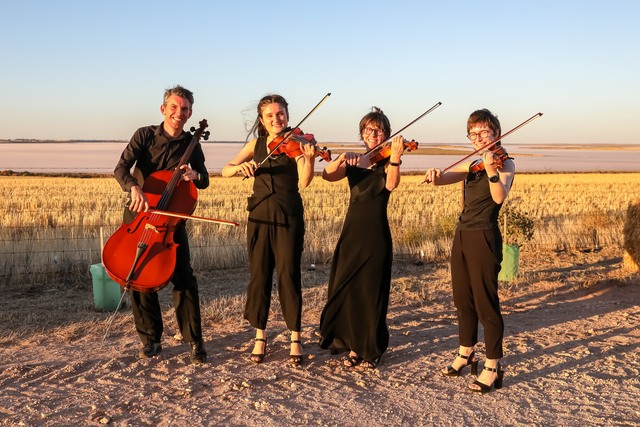IAN Arney laughs when asked how old he is.
“Is that psychological, physical or other?” the Werrimull farmer said jokingly before revealing he’s actually a youthful-looking 62-year-old.
“I do wonder how old I’d look if I didn’t go through all the stress we’ve had on the farm, particularly in recent years.”
While the grain grower enjoyed a good harvest at his Werrimull property earlier this year, he can’t help but reflect on the tough times over the past five years.
“It’s been hard yakka on the land,” he said.
“There have been a lot of people drop out of farming because there’s just so much pressure involved with it.”
Mr Arney’s family history of farming in the region runs deep.
His grandparents were original settlers and the farm has been in his family for 95 years.
However, he’s revealed the pain of seeing despairing farmers walk off the land since the “heartbreaking” drought in 2019.
“At least six of my neighbours have sold up in the last few years,” Mr Arney said last week.
“They’d been on their properties for a long time, but they left in different circumstances.
“One guy was sick and sold his property to another neighbour, and another family decided that the pressure was too great by putting $300,000 (worth of crops) into the ground and running the risk of not getting it back.
“It’s a lot of money to throw on the gambling table, let alone plough into the ground.
“Even though you love the work and the lifestyle, there comes a point that you think, ‘I can’t do this anymore, it’s too difficult’.”
Mr Arney, who is married with three children, has no plans of selling up despite juggling a raft of responsibilities outside running his farm.
He was elected to Mildura Rural City Council about six months ago, adding to his board and advisory roles with the Victorian Farmers’ Federation and Landcare Victoria.
It begged the question on whether Mr Arney was setting himself up for a tilt at state or federal politics.
“No, I’ve got enough on my plate already – and the pressure that politicians must be under is far too immense,” he said.
“If you look at (Member for Mallee) Anne (Webster) and (Member for Mildura) Ali (Cupper), and Peter Crisp before Ali, they carry a huge load of burden.
“If you are passionate about making positive changes, the pressure is immense. The personal benefit you get out of it … well, it wouldn’t be enough for me.
“I take my hat off to both Anne and Ali. What they deal with and have to comprehend day to day, it would be too overwhelming for me.”
Mr Arney said his focus was highlighting the agricultural challenges facing farmers in north-west Victoria.
The biggest issue for him is climate change and how farmers adapt their practices to it.
“Climate has been changing since I was a kid and man’s influence on it, but it hasn’t really come to the forefront until recent years,” Mr Arney said.
“If we try to change how we influence the environment and we do things a better way in terms of nurturing it and increasing vegetation cover and biodiversity, I can’t see how we can lose anyway.
“I’ve been changing my farming methods for the past 30 years, and my father would have been doing it before me.”
He remains optimistic about the future of farming in the region.
“I’d never write it off. It was astounding what farmers were able to do in 2019 with the crops they grew.
It’s a case of “just add water” and the properties will come to life.
“We have terrific soils for a quick response,” Mr Arney said.
“It’s such an amazing environment up here that it can be dry as hell for ages and nothing is growing, apart from native shrubs and trees, which are incredibly resilient.
“But once you get rain, things can turn around very quickly here.”
Mr Arney has mixed views on foreign land ownership across regional Victoria, but he said it showed a positive sign for the agriculture industry.
“The fact we’ve had a Canadian hedge fund come in and buy a heap of land around the Cowangie and Tutye area is an indication that other people also see a good future for farming around here,” he said.
“Maybe in 20 years’ time I’ll look back and think, ‘Bloody hell, I got that wrong’. But I hope I’m right.
“The Mallee is a great spot to live and it has huge potential for farming if we keep improving how we look after our environment as our climate changes.”

